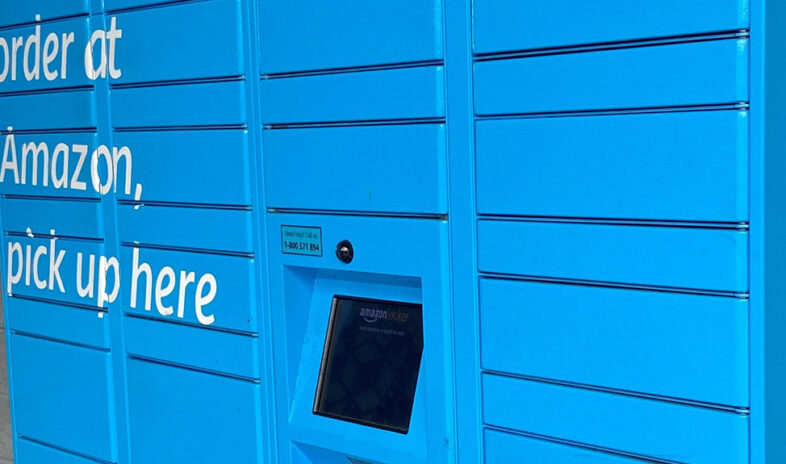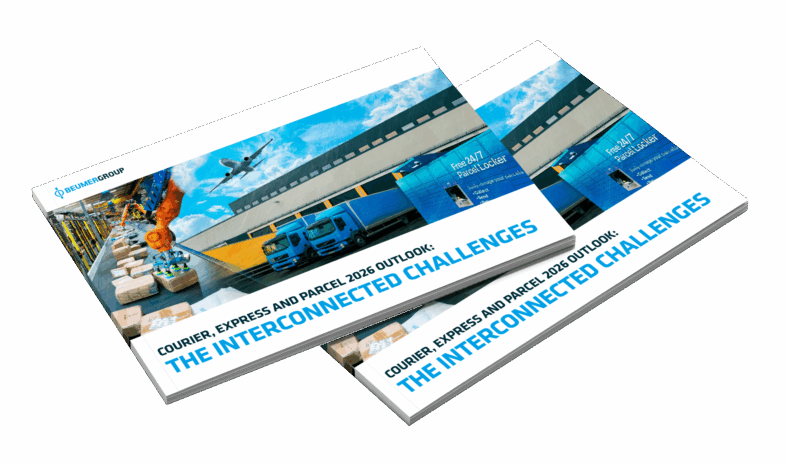It won’t surprise many to learn one of the main threads of the new BEUMER Group report, ‘Airports 2025 Outlook: Reinventing the Airport Experience’, has a green hue in light of the growing pressure on airports to aviation ESG concerns.
Certainly, many airlines are upgrading their fleets with fuel-efficient aircrafts as part of their commitment to achieving net-zero emissions by 2050, and increasingly airports are making huge efforts to introduce ESG measures in their buildings.
Almost all new airport construction projects make ESG measures a priority: from improving their energy efficiency (sourced from renewable supplies) and use of water (preferably recycled and reused) savings, to achieving CO2 emission reductions and improved indoor environmental quality and waste treatment.
While existing airports are also lifting their ESG responsibility to similar levels.
Addressing ESG concerns all part of improving passenger comfort
Most passengers know aviation is responsible for a high emissions rate.
It’s important therefore that passengers understand ongoing efforts to address ESG concerns because it helps them feel better about their own carbon footprint.
This approach to making passengers relaxed is arguably the main thread of ‘Airports 2025 Outlook: Reinventing the Airport Experience’, which also details the efforts of airlines to upgrade their fleets with fuel-efficient aircraft as part of their commitment to achieving net-zero emissions by 2050.
Interest in sustainable aviation fuel (SAF) and hydrogen power is also high, although it is widely accepted it will take several decades and lots of innovation to perfect the technology.
In the meantime, passengers want to fly with minimum guilt – so it really helps to appreciate airport efforts as they start the first leg of their journey.





